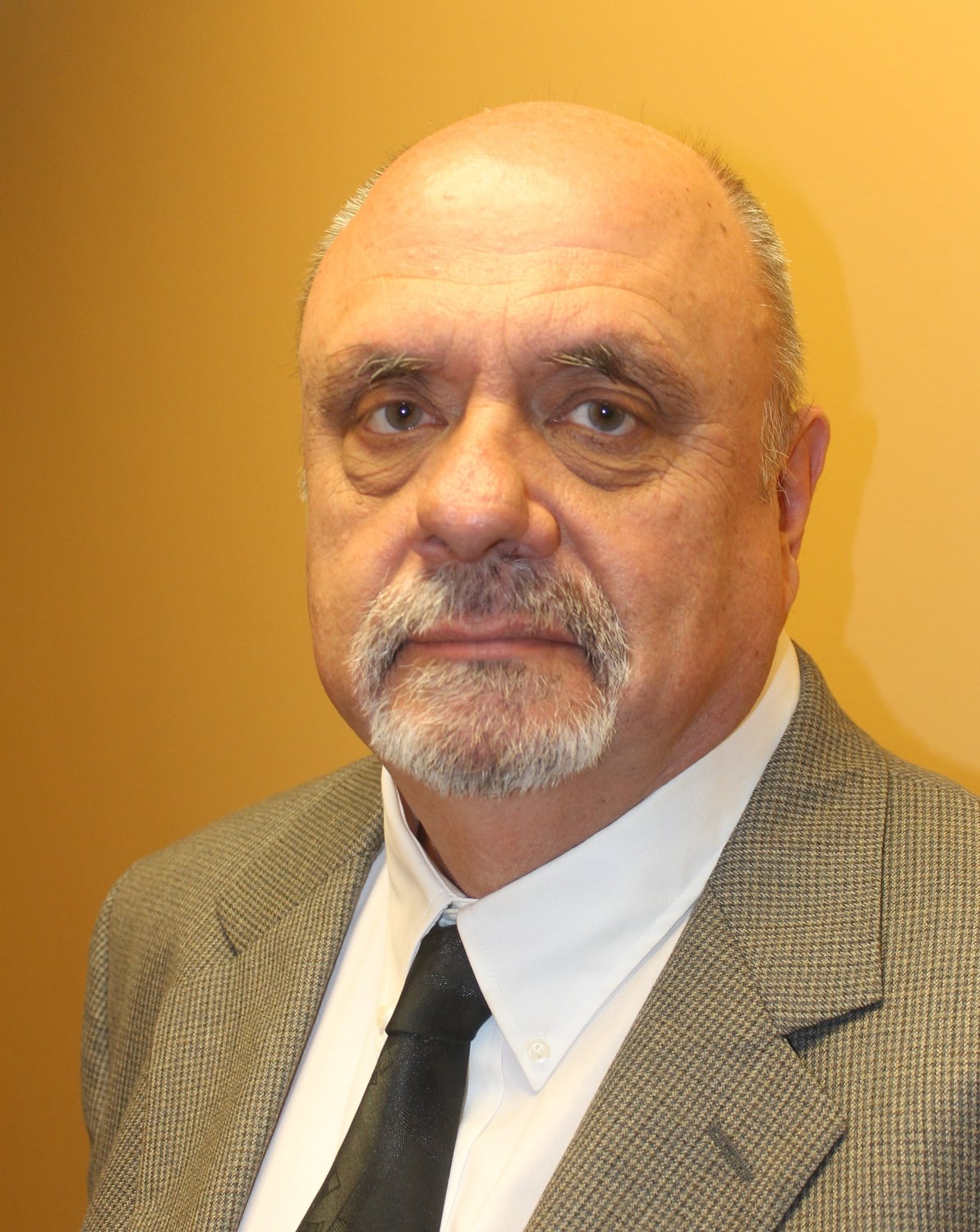Astros cheating scandal proves continued hypocrisy against Rose
Three Major League managers have lost their jobs – and likely their careers – for using technology to steal signs from the Los Angeles Dodgers during a pair of World Series. But Houston Astros were allowed to keep their 2017 World Series title, and the same was true for the 2018 champion Boston Red Sox.
NASCAR legend Junior Johnson used to say, “If you aren’t cheating, you aren’t trying.” To put in a way Johnson would appreciate, the level of dishonesty used by the Astros and Red Sox would be like a Ford Pinto racing against a Ferrari.
Astros manager A.J. Hinch, general manager Jeff Luhnow and former assistant general manager Brandon Taubman all were suspended for one season by MLB after they were caught using a camera in centerfield to steal signs given by the catcher ahead a pitch. Red Sox manager Alex Cora, who was a bench coach in Houston during the 2017 season, also was fired for taking the cheating scheme to Boston in 2018.
New York Mets manager Carlos Beltran was hired in October, but he was fired a few days later when the team learned he was one of the 2017 Houston players who was aware of sign-stealing.
Baseball’s investigation into the Houston scandal revealed “most” of the players were involved. The video office at Houston and Boston monitored signs with the centerfield camera and relayed the next pitch as a text message to a smart watch or cellphone in the dugout. Players or coaches then banged garbage cans on the bench to signal what pitch to expect.
The scheme was both elaborate and simple. Bill Belichick certainly must have been impressed.
What’s disturbing is the Astros cheated and got to keep their World Series title. At the same time, Pete Rose currently is banned from being on the Hall of Fame ballot for betting on baseball while he was a manager with the Cincinnati Reds, although there’s never been any suggestion that he violated rules as a player.
Rose eventually and reluctantly admitted he bet on the Reds. That has nothing to do with his remarkable career as a player, which included 4,256 hits and being selected to 17 all-star games for a record five different positions.
I admit to a bias since I used to live in Ohio, and I grew up as a Reds fan. My father took me to a Reds-Dodgers game when I was in fourth grade, and it remains as one of my greatest memories to see Jim Maloney pitch against Don Drysdale at the old Crosley Field. Rose played in left field and there was a rookie behind the plate named Johnny Bench.
Sammy Sosa, Barry Bonds, Roger Clemens and Mark McGwire all reportedly used steroids during their careers to gain a physical advantage on the field. Although all have failed to get 75% of the vote from the Baseball Writers Association needed to make it into the Hall, all at least have been on the ballot since 2013.
Rose deserves the same opportunity to be on the ballot. Then let the voters decide.
What’s worse? Using steroids to gain a physical advantage over an opponent; stealing signs to gain a strategical advantage; or being the manager who always bet on his team to win? (Rose’s bookie had all the betting slips that proved Rose never gambled on his team to lose.)
“Gambling would be third on that list unless you’re talking about gambling against your team,” Rose said.
He’s right.
Alex Rodriguez will be eligible in 2021 to be added to the Hall of Fame ballot. His .295 lifetime batting average, 3,115 hits and 696 home runs are more than enough to be fast-tracked into the Hall on the first ballot – if he hadn’t been suspended the entire 2014 season for using performance-enhancing drugs.
Proponents continue to say Rodriguez, Sosa, Bonds, Clemens and McGwire should be judge by what they did on the field.
So should Pete Rose.








